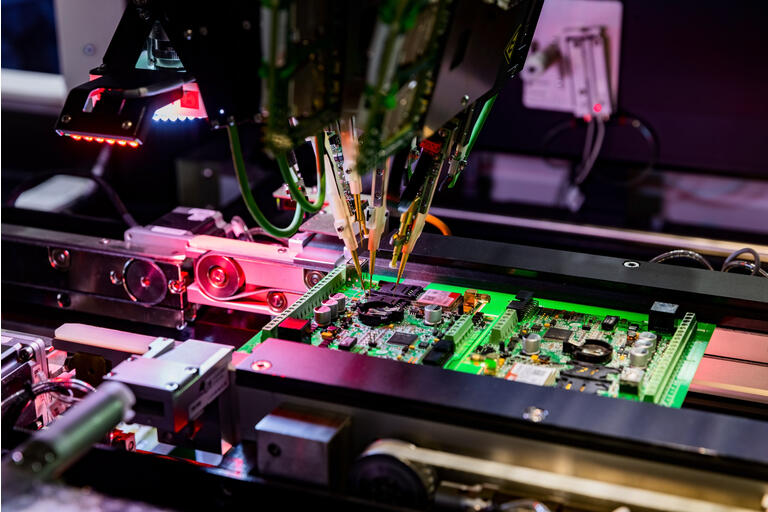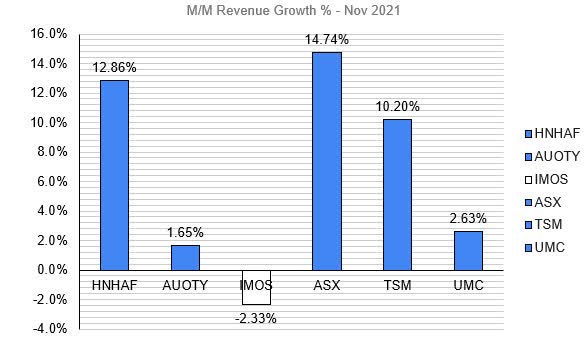GM might figure it is cheaper for them to pay the Dealership than to pay for the Union guy at the Factory. IDK.That is interesting, i wouldn't think the extra labor would be worth it. Unless they are taking that out of the destination fee for the dealership cut.
The Ford Dealership I worked at had a $125 "Document Fee" on every vehicle sold. This Chevrolet Dealership charges a $250 "Document Fee"
Why? Who knows. Maybe they think their clientele will willingly pay the higher costs.
Maybe because then can get away with it.
Lots of differences in the way those two franchises are run.









